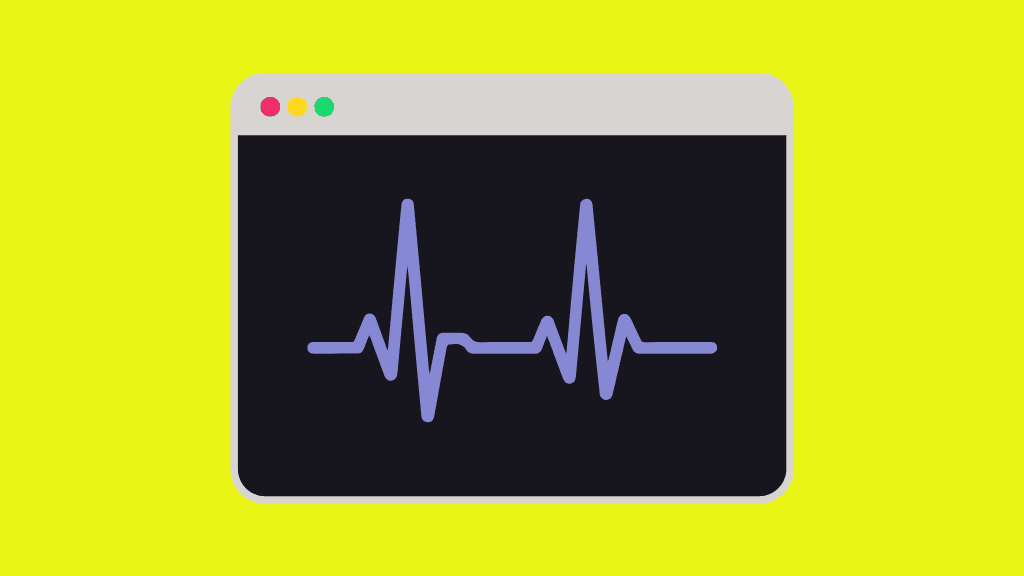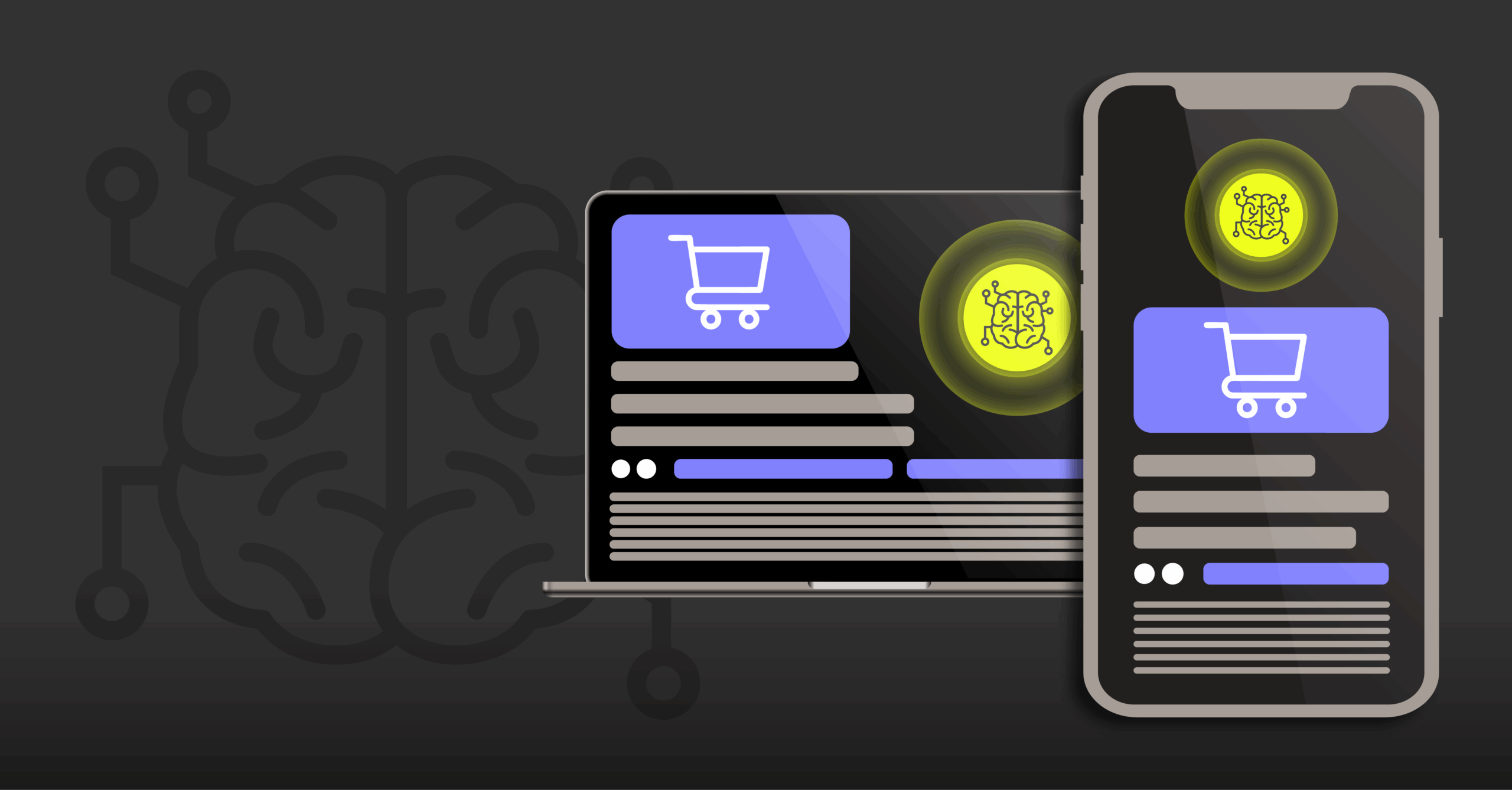
OpenTelemetry (OTel), with its suite of tools and APIs designed for capturing and managing telemetry data from applications, has emerged as an indispensable tool in modern mobile app engineering.
Its open-source nature ensures a uniform, vendor-neutral method for gathering telemetry data, such as traces, metrics, and logs.
This standardization not only guarantees compatibility across diverse systems and tools but also simplifies integration with a broad spectrum of platforms and services — a notable advantage over proprietary models with potential compatibility constraints.



